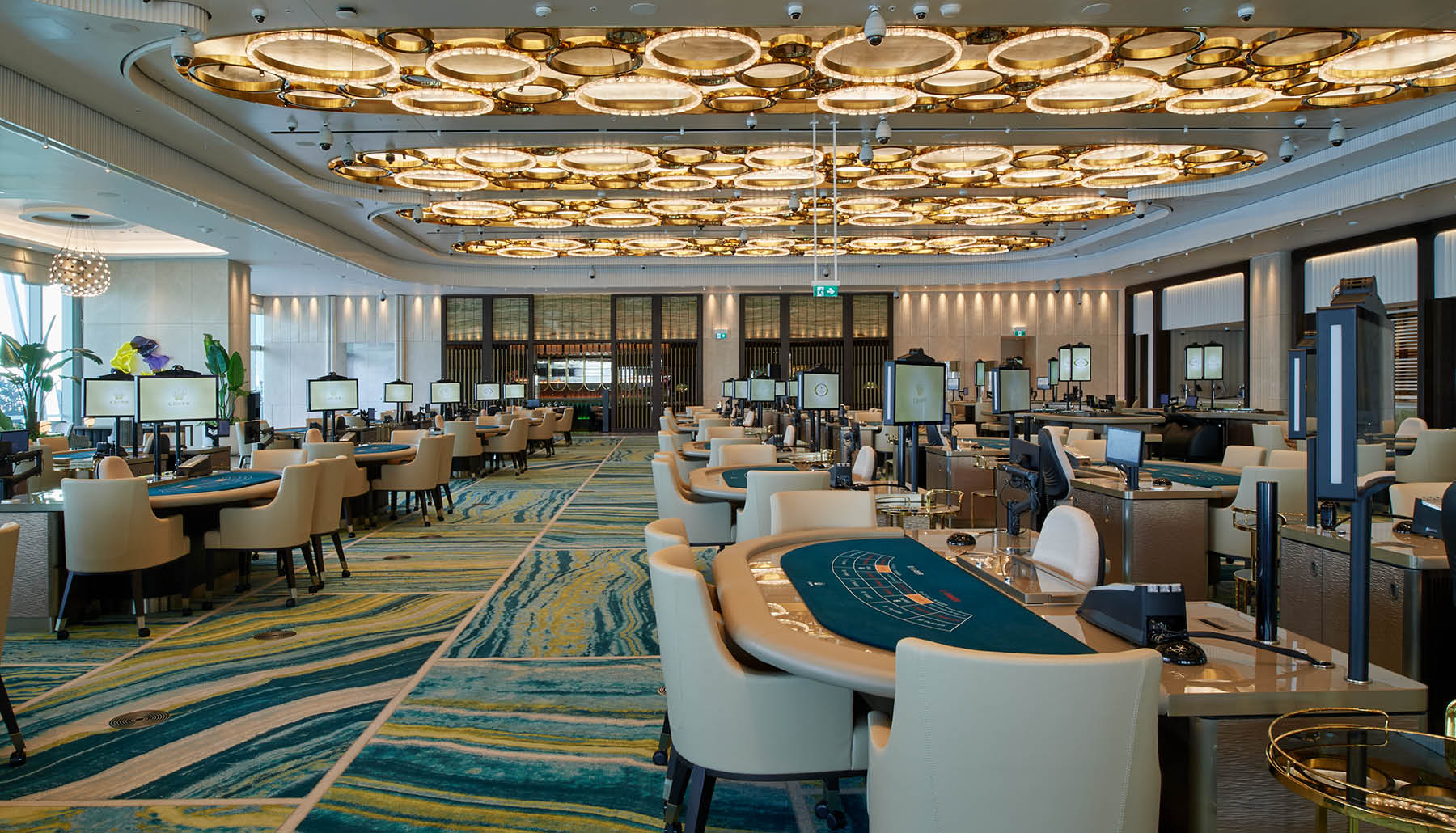
Casino games have long been an integral part of human culture, delivering not just entertainment but a captivating reflection of our dreams, dreams, and fears. From the turning reels of a slot machine to the skill-based strategies of poker, these games embody a spectrum of human emotions and experiences. At their core, casino games are not just a chance to earn cash; they are a microcosm of life itself, where risk versus reward intertwine and luck can change in an moment.
As players assemble around tables or sit in front of brightly lit machines, they participate in a tradition that transcends mere gambling. These games mirror our instinctive desires for connection, excitement, and the search for fortune. They also reveal deeper truths about human nature, such as our relationship with chance and the thrill of the unknown. In exploring casino games, we discover not only the mechanics of play but also the intricate pattern of the human story, showcasing our interconnected narratives of aspiration and reality.
The Psychology of Gambling
Wagering is deeply rooted in human psychology, tapping into various feelings and desires. The excitement of risk-taking is a core aspect that draws players in, whether it’s thrill of spinning a roulette wheel or the excitement of drawing a winning card in a poker game. This rush of adrenaline is frequently likened to other forms of thrill, as the uncertainty of outcomes triggers a distinct psychological response. Gamblers often find themselves entranced by the possibility of striking it rich, leading to an almost magnetic draw toward gambling games.
Another, a crucial component of the psychology behind gambling is the concept of hope and aspiration. Participants often indulge in fantasies of financial freedom and the luxurious lifestyle that can accompany winning. This hope fuels their continued participation in casino games, as it provides a sense of meaning and the conviction that a life-changing win could be just one wager away. The narrative of overcoming odds and achieving success resonates with many, reinforcing their commitment to play and involve themselves with these games.
Finally, social aspects play a significant role in gambling psychology. Casino environments are designed to foster social interaction, where gamblers gather to share the journey of wins and losses. This shared aspect not only enhances enjoyment but also affects behavior, as individuals often imitate the actions of others around them. The social validation found in mutual thrill can magnify the emotional experience, making casino games a reflection of not just personal desires but also shared involvement within the gaming community.
## The Dual Nature of Risk and Reward
Gambling activities embody the subtle balance between risk and gain that resonates deeply with human psychology. The excitement of placing a bet is often accompanied by a rush of adrenaline, as participants are confronted with the prospect of a huge payout, yet conscious of the potential to lose. This twofold experience reflects a essential aspect of life: the choices we make often come with intrinsic risks, and the quest for benefit can drive us to make risky moves we might not normally consider. In this way, casino games reflect real-world decisions, enticing gamblers to risk not just their funds, but also their hopes.
The allure of big prizes and winnings fuels a feeling of positivity, inspiring gamblers to imagine a brighter future that could manifest from a fortunate turn of the roulette or flip of a card. This optimism can motivate individuals to engage in greater risks, urging them to take greater risks in search of monetary success. However, just as in life, the consequences of these risks can lead to both victory and failure. The stories of both jackpot winners and those who have faced losses everything at the tables demonstrate the random nature of chance and its significant impact on our lives.
Ultimately, the experience of engaging with casino games serves as a vivid illustration of the human condition. Every game played is imbued with the tension of ambiguity, as players weigh the gains against the risks. This balance not only highlights the thrill that comes with gambling but also exposes the vulnerabilities that come with the longing for more. As we navigate the complexities of choice and consequence in both the gambling world and in life, we find that the search for benefit shapes our identities and journeys in deep ways.
Culture and Solitude in Casino Environment
Casino culture is a unique blend of social interaction and personal endeavor, reflecting the contrasts of human experience. Players often come together around games, sharing in the thrill of the action, rejoicing in wins, and commiserating over losses. FB88 This social aspect is essential, as it fosters a sense of belonging and bonding among varied groups of individuals. Regular visitors to gaming establishments may form friendships and establish routines, turning the gambling venue into a alternative home where they feel linked to a larger community of gamblers.
However, the attraction of gambling activities can also result to loneliness. As individuals become engrossed in the excitement of playing, they may isolate from personal connections or neglect to engage with the environment outside the casino. For some, the search of a jackpot can distract from real relationships, leading to loneliness. The experience of being surrounded people yet feeling solitary is not uncommon, as the attention shifts from shared enjoyment to the private stakes of each player’s path.
This interplay of society and solitude creates a vivid mosaic that defines casino culture. It showcases the intricacy of social interactions, where happiness and despair coexist. https://g0.in.net/ Casinos serve as both a sanctuary for social interaction and a platform for individual struggles, demonstrating how intimately entwined our desire for companionship and the individual quest for fortune can be. In navigating this landscape, players confront their own narratives—seeking both the rush of the game and the fellowship of other players, eventually reflecting the broader spectrum of individual experience.